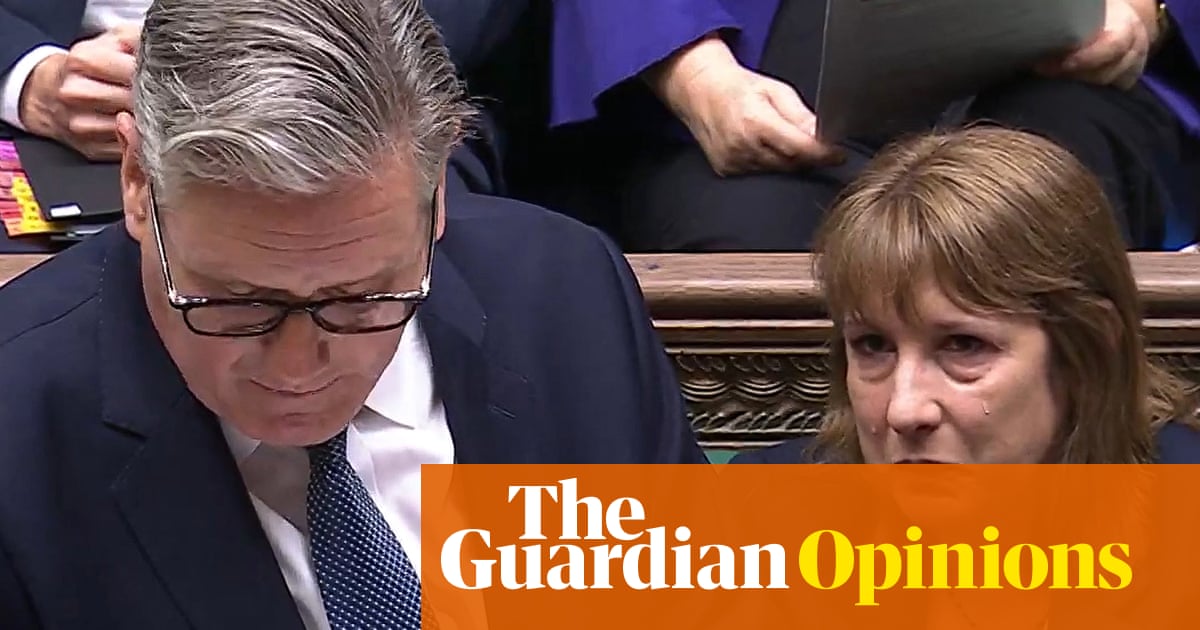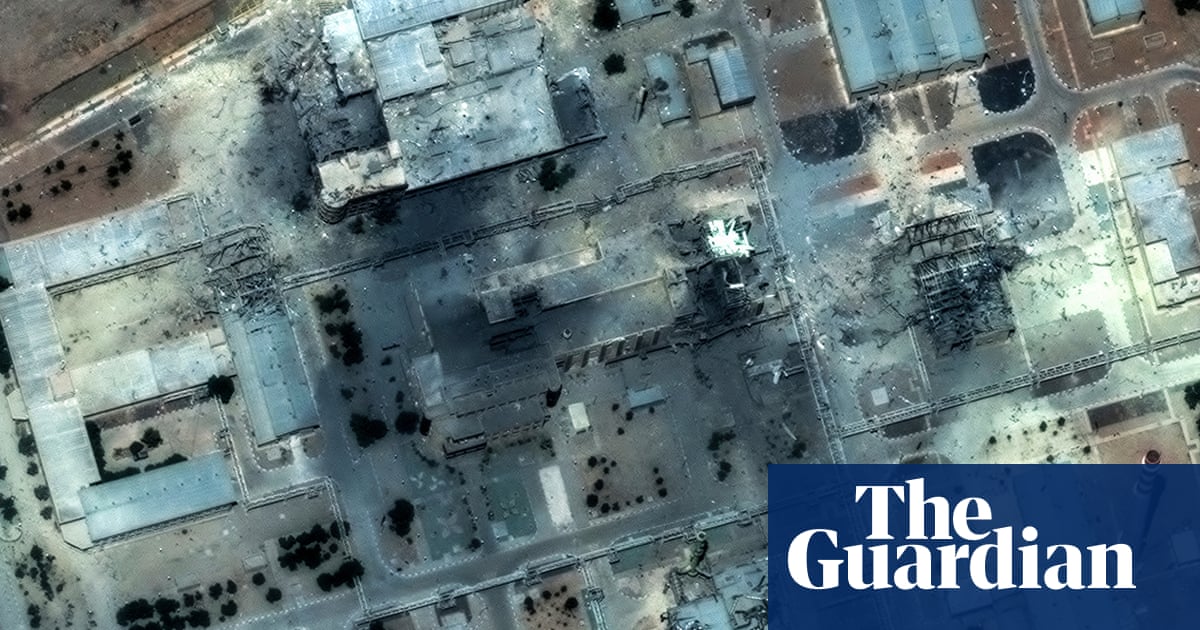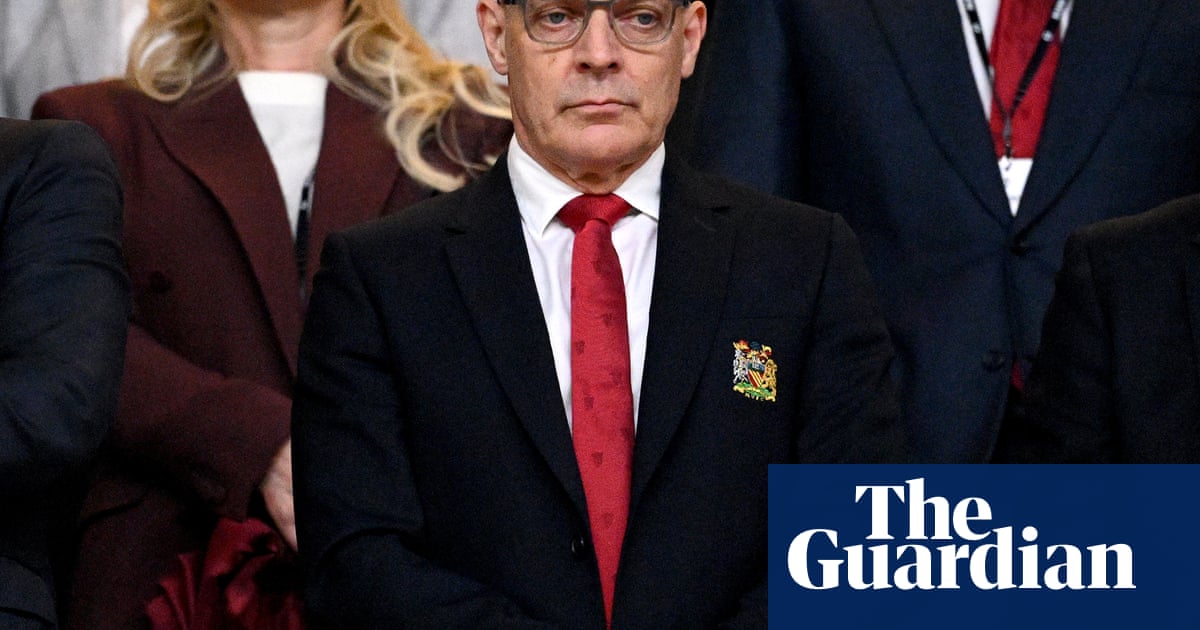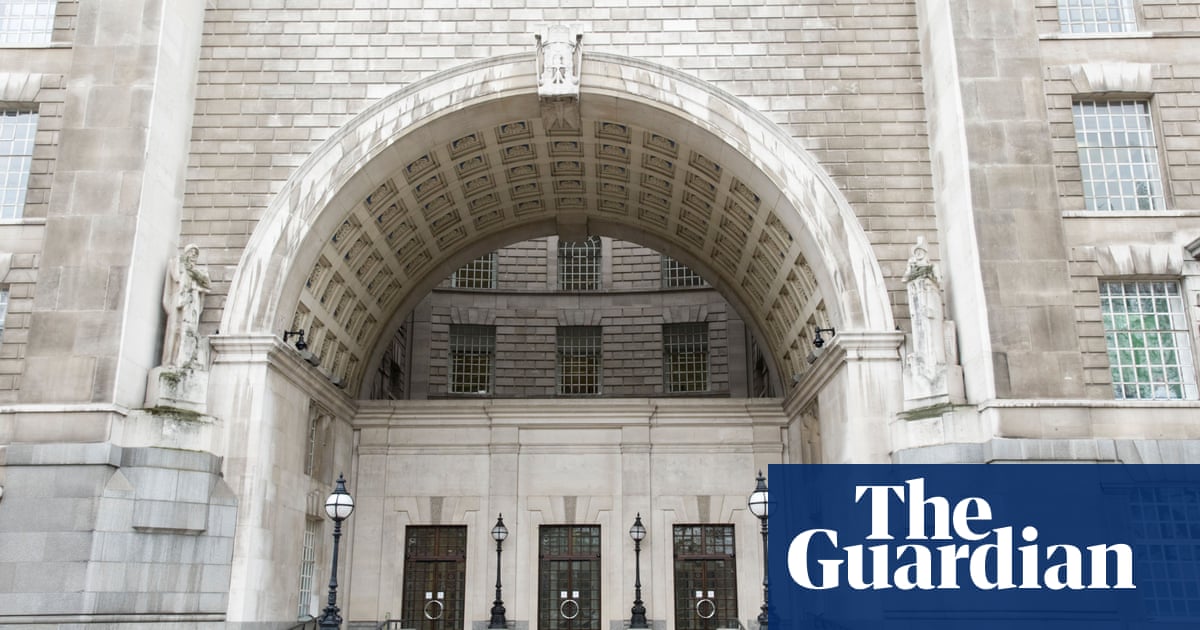Introduction: Heathrow fire caused by preventable fault, report finds, as Ofgem launches investigation into incident
Good morning, and welcome to our rolling coverage of business, the financial markets and the world economy.
Ofgem has opened an investigation into National Grid after the substation fire on 20 March that led to the closure of Heathrow, as a review found that the root cause of the fire was a “preventable, technical fault”.
This caused a “catastrophic failure” on one of the transformer’s high voltage bushings at the North Hyde electricity substation in Hayes, west London.
The energy regulator said it had launched an official enforcement investigation into National Grid Electricity Transmission (NGET). It will examine the incident, its causes and take further action as necessary.
The final report from the National Energy System Operator said the fault had first been detected seven years ago but had not been fixed.
This review has seen evidence that a catastrophic failure on one of the transformer’s high voltage bushings at National Grid Electricity Transmission’s 275kV substation caused the transformer to catch fire.
This was most likely caused by moisture entering the bushing, causing an electrical fault. An elevated moisture reading in the bushing had been detected in oil samples taken in July 2018 but mitigating actions appropriate to its severity were not implemented.
Ofgem will review whether NGET complied with the relevant legislation and licence conditions relating to the development and maintenance of its electricity system at North Hyde.
The regulator will also commission an independent audit into NGET’s critical assets and their status to figure out whether the failings at the North Hyde substation were one-off or more systemic across National Grid.
Japanese stocks fell after Donald Trump threatened a 35% tariffs on Japanese imports, in an attempt to pressure Tokyo into making concessions during negotiations that he described as “very tough”. The Nikkei fell by 0.6% after paring earlier heavier losses.
Yesterday, markets shrugged off the US Senate passing Trump’s “big, beautiful bill,” as investors stayed glued to the outlook for US interest rates and trade deals, ahead of the US reimposing tariffs on 9 July.
Federal Reserve chair Jerome Powell, who has come under heavy fire from the president over the Fed’s failure to cut interest rates this year, yesterday told an audience in Portugal that uncertainty over the impact of Trump’s tariffs prevented the Fed from lowering borrowing costs.
The married couple behind the Prax Lindsey oil refinery awarded themselves at least $15.9m (£11.5m) in pay and dividends in the years leading up to its collapse, it has emerged, as the government urged the company’s boss to “put his hand in his pockets” to help workers.
Winston Soosaipillai, who goes by his middle names Sanjeev Kumar, jointly owned the refinery with his wife, Arani, until it plunged into insolvency on Monday.
The failure of the refinery, which is one of only five left in the UK, has put 625 workers at risk and raised fears about disruption to supplies of customers such as petrol retailers and Heathrow airport.
The Agenda
-
10am BST: Eurozone unemployment for May
-
1.15pm BST: US ADP employment change for June
-
3.15pm BST: ECB president Christine Lagarde speech
Key events Show key events only Please turn on JavaScript to use this feature
Heathrow: fire highlights National Grid's clear shortcomings and outdated safety standards
Heathrow has also responded, saying that this incident highlights clear shortcomings in National Grid’s asset management and outdated safety standards.
It added that its own review, led by former cabinet minister Ruth Kelly, identified key areas for improvement and work is already underway to implement all 28 recommendations.
A spokesperson said:
Heathrow welcomes this report, which sheds further light on the external power supply failure that forced the airport’s closure on 21 March. A combination of outdated regulation, inadequate safety mechanisms, and National Grid’s failure to maintain its infrastructure led to this catastrophic power outage.
We expect National Grid to be carefully considering what steps they can take to ensure this isn’t repeated.
UK energy secretary: Report on Heathrow fire 'deeply concerning'
The energy secretary, Ed Miliband, described the findings as “deeply concerning”.
The report is deeply concerning, because known risks were not addressed by the National Grid Electricity Transmission, and Ofgem has now opened an official enforcement investigation to consider any possible licence breaches relating to the development and maintenance of its electricity system at North Hyde.
There are wider lessons to be learned from this incident. My department, working across government, will urgently consider the findings and recommendations set out by NESO and publish a response to the report in due course.
The fire disrupted power supply to more than 70,000 customers, including Heathrow airport.
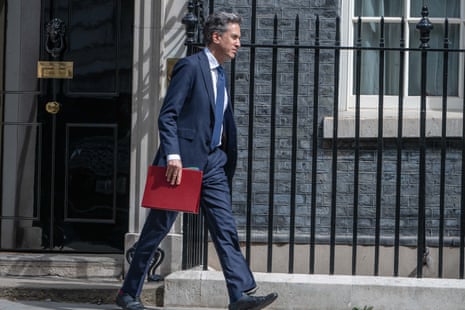
A National Grid spokesperson said the company “fully supports” the recommendations in the report, and will work with NESO and others to implement them, but insisted that incidents like the Hayes substation fire are “rare”.
As NESO’s report sets out, in Great Britain we have one of the most reliable networks in the world, and events of this nature are rare.
National Grid has a comprehensive asset inspection and maintenance programme in place, and we have taken further action since the fire. This includes an end-to-end review of our oil sampling process and results, further enhancement of fire risk assessments at all operational sites and re-testing the resilience of substations that serve strategic infrastructure.
The company said it will also cooperate closely with Ofgem’s investigation.
There are important lessons to be learnt about cross-sector resilience and the need for increased coordination, and we look forward to working with government, regulators and industry partners to take these recommendations forward.”
The electricity substation fire on 20 March caused chaos at Heathrow airport, which had to shut, affecting almost 300,000 passengers around the world.
Europe’s busiest airport had more than 1,350 flights cancelled on the Friday after the fire at the substation in Hayes, west London. Flights restarted on Saturday and the airport was back to normal by Sunday, albeit with some slight delays.
The airport’s boss, Thomas Woldbye, was criticised for going to bed at 12.30am, and leaving the chief operating officer, Javier Echave, to take key decisions while the substation powering the airport burned.
The UK’s transport secretary, Heidi Alexander, said she would “struggle to sleep” if she had been running Heathrow airport.
Akshay Kaul, director general for infrastructure at Ofgem, said:
The North Hyde substation fire resulted in global disruption, impacted thousands of local customers, and highlighted the importance of investment in our energy infrastructure.
As a result of the report’s findings, we have opened an investigation into National Grid Electricity Transmission (NGET). We have also commissioned an independent audit of their most critical assets.
Ofgem will also further examine the incident and its causes and take further action as appropriate.
We expect energy companies to properly maintain their equipment and networks to prevent events like this happening. Where there is evidence that they have not, we will take action and hold companies fully to account.
Britain has one of most reliable energy systems in the world and thankfully incidents like this are rare. We must continue to invest in the system to maintain that resilience.
Introduction: Heathrow fire caused by preventable fault, report finds, as Ofgem launches investigation into incident
Good morning, and welcome to our rolling coverage of business, the financial markets and the world economy.
Ofgem has opened an investigation into National Grid after the substation fire on 20 March that led to the closure of Heathrow, as a review found that the root cause of the fire was a “preventable, technical fault”.
This caused a “catastrophic failure” on one of the transformer’s high voltage bushings at the North Hyde electricity substation in Hayes, west London.
The energy regulator said it had launched an official enforcement investigation into National Grid Electricity Transmission (NGET). It will examine the incident, its causes and take further action as necessary.
The final report from the National Energy System Operator said the fault had first been detected seven years ago but had not been fixed.
This review has seen evidence that a catastrophic failure on one of the transformer’s high voltage bushings at National Grid Electricity Transmission’s 275kV substation caused the transformer to catch fire.
This was most likely caused by moisture entering the bushing, causing an electrical fault. An elevated moisture reading in the bushing had been detected in oil samples taken in July 2018 but mitigating actions appropriate to its severity were not implemented.
Ofgem will review whether NGET complied with the relevant legislation and licence conditions relating to the development and maintenance of its electricity system at North Hyde.
The regulator will also commission an independent audit into NGET’s critical assets and their status to figure out whether the failings at the North Hyde substation were one-off or more systemic across National Grid.
Japanese stocks fell after Donald Trump threatened a 35% tariffs on Japanese imports, in an attempt to pressure Tokyo into making concessions during negotiations that he described as “very tough”. The Nikkei fell by 0.6% after paring earlier heavier losses.
Yesterday, markets shrugged off the US Senate passing Trump’s “big, beautiful bill,” as investors stayed glued to the outlook for US interest rates and trade deals, ahead of the US reimposing tariffs on 9 July.
Federal Reserve chair Jerome Powell, who has come under heavy fire from the president over the Fed’s failure to cut interest rates this year, yesterday told an audience in Portugal that uncertainty over the impact of Trump’s tariffs prevented the Fed from lowering borrowing costs.
The married couple behind the Prax Lindsey oil refinery awarded themselves at least $15.9m (£11.5m) in pay and dividends in the years leading up to its collapse, it has emerged, as the government urged the company’s boss to “put his hand in his pockets” to help workers.
Winston Soosaipillai, who goes by his middle names Sanjeev Kumar, jointly owned the refinery with his wife, Arani, until it plunged into insolvency on Monday.
The failure of the refinery, which is one of only five left in the UK, has put 625 workers at risk and raised fears about disruption to supplies of customers such as petrol retailers and Heathrow airport.
The Agenda
-
10am BST: Eurozone unemployment for May
-
1.15pm BST: US ADP employment change for June
-
3.15pm BST: ECB president Christine Lagarde speech

 18 hours ago
5
18 hours ago
5


